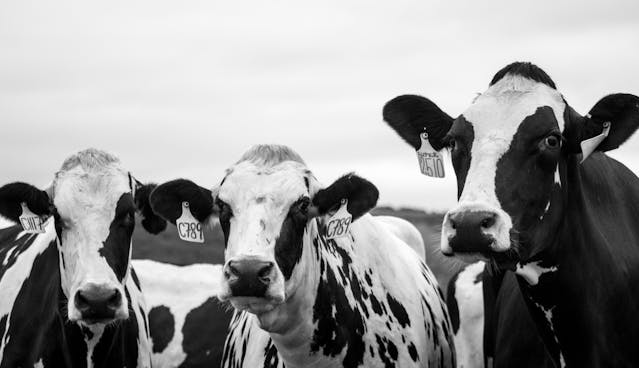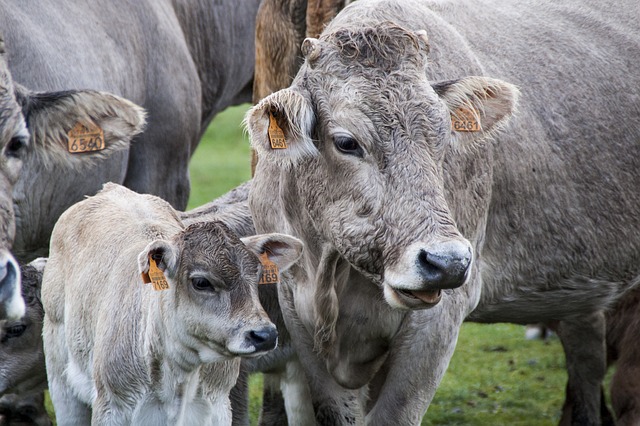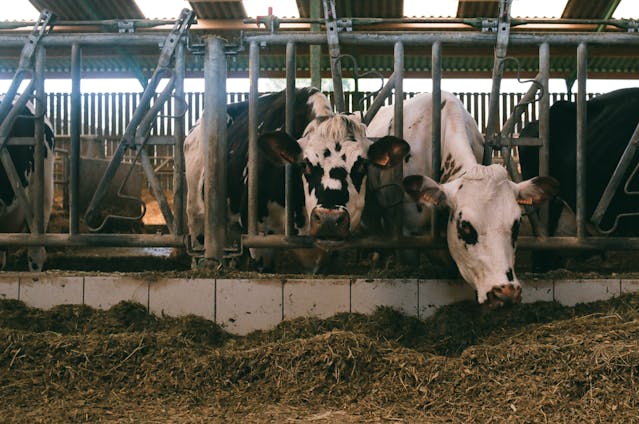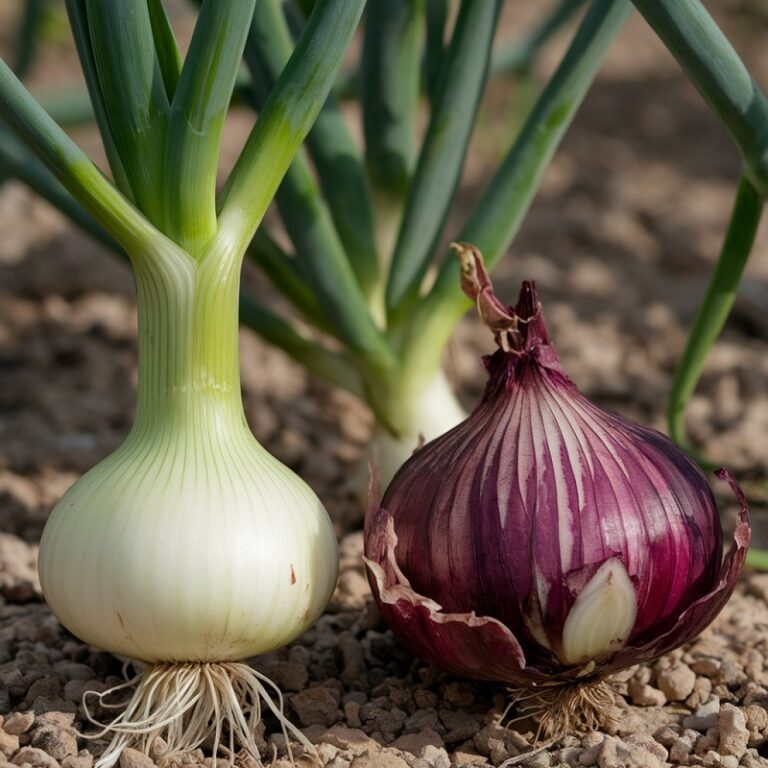Key Takeaways
- Proper breeding strategies can significantly improve herd productivity.
- A balanced nutrition program is essential for the health and productivity of cows.
- Regular veterinary check-ups and vaccinations are critical for herd health.
Breeding Strategies
Implementing effective breeding strategies for your cow herd is crucial. Artificial insemination (AI) allows for selective breeding and improves genetic diversity. Another method is natural breeding with carefully selected bulls. The choice between AI and natural breeding should depend on your herd’s specific needs and resources. Proper planning and timing are essential to maximize the benefits of these breeding methods. For farmers looking to achieve high-quality results, participating in specialized sales like the motherlode sale can provide access to superior genetics. Understanding the entire breeding process and choosing the right strategy can significantly impact your herd’s health and productivity. Reducing calving intervals and increasing conception rates are direct benefits of an effective breeding program. Utilizing resources like AI enables more control over the genetic pool and increases the chances of producing desired traits.
Selecting Genetics
Choosing the right genetics is foundational to the success of your breeding program. When selecting genetics, it’s essential to focus on traits such as high milk yield, disease resistance, and good temperament. Genetic testing and evaluation can provide valuable insights into which animals will best fit your operational goals. High milk yield is not only beneficial for dairy operations but can also increase weaning weights in beef cattle. Disease resistance reduces the need for medical interventions and enhances overall herd longevity. Ensuring that you are starting with high-quality genetics gives your herd the best chance for long-term success. For example, selecting animals with documented health records and proven performance can minimize risks. More insights into genetic selection can be found at NDSU Agriculture.
Feed and Nutrition
For your herd to be healthy and productive overall, nutrition is essential. Cows will grow to their maximum capacity if fed a balanced diet full of vital minerals, vitamins, and nutrients. Nutrient regimens differ depending on the stage of a cow’s life cycle, such as pregnancy, lactation, and dry periods. For example, compared to dry cows, nursing cows need more protein and energy to sustain milk production. Getting advice from a livestock nutritionist can help you customize a feeding plan to meet the needs of your herd and maximize productivity and health. Incorporating sources of superior forage and grains into the diet is advantageous in maintaining a nutritionally balanced intake.
Essential Nutrients
Numerous nutrients, such as carbohydrates, proteins, lipids, minerals, and vitamins, are needed by cows. Every nutrient has a distinct function in preserving productivity and health. The primary energy source required for physical exercise and vital metabolic processes is carbohydrates. Proteins are essential for bodily tissue growth, milk production, and repair. In addition to providing concentrated energy, fats are necessary for the absorption of vitamins A, D, E, and K, which are fat-soluble. Minerals like phosphorus and calcium are essential for the development of bones. On the other hand, vitamins promote general health and the immune system. By feeding your cows a well-balanced diet that includes these vital elements, you can avoid nutritional deficits and related health issues.
Pasture Management
Effective pasture management is critical to providing consistent, high-quality forage for your cattle. Rotating pastures helps prevent overgrazing and allows grass to regenerate, which is essential for maintaining soil health and providing a nutritious forage base. Implementing a controlled grazing system can maximize forage utilization and minimize waste. Systems such as rotational grazing split the pasture into smaller sections, allowing cattle to graze one section while the others recover. This ensures a consistent supply of fresh forage and promotes even distribution of manure, which enhances soil fertility. Regular checks for toxic plants and ensuring a fresh water supply are also critical components of pasture management. Educate yourself on common toxic plants in your area to mitigate risks.
Health Management
Regular veterinary check-ups and vaccinations are crucial to keeping your herd healthy. Develop a herd health plan that includes routine vaccinations, deworming, and parasite control. A proactive approach to health management can prevent severe outbreaks and ensure early diagnosis of potential issues. Promptly addressing health issues can prevent the spread of diseases and minimize productivity losses. Working closely with a knowledgeable veterinarian ensures that your herd receives the best possible care, ultimately safeguarding your investment. Routine check-ups can also help in the early detection of conditions such as mastitis, foot rot, and respiratory diseases. Establishing a relationship with a local vet familiar with your herd’s history can provide customized health solutions.
The Importance of Record Keeping
Maintaining detailed records is essential for managing a thriving herd. Keep track of breeding dates, health records, feed inventory, and growth rates. Accurate records help in making informed decisions and identifying areas for improvement. Digital tools and farm management software can simplify the process of keeping and analyzing these records, making it easier to spot trends and make data-driven decisions for your operation. For instance, tracking growth rates and comparing them to feed intake can help optimize feeding programs. Accurate health records can also inform future breeding decisions and improve herd genetics over time. Good record-keeping practices are foundational for measuring the effectiveness of your management strategies and making continuous improvements.






